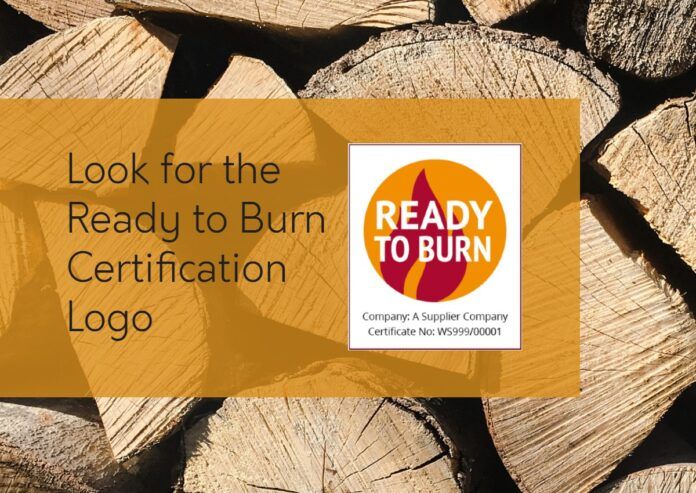
HETAS and Woodsure have responded to a latest report on air pollution – saying more must be done to avoid unnecessary pollutants by selecting the right fuel.
In the chief medical officer’s annual report on air pollution, Sir Chris Whitty cited solid fuels as being by far the most polluting method of domestic heating within England. It acknowledged the rising popularity of wood burning over recent years due to “aesthetic… practical, ecological or [now, more than ever,] economic reasons”.
HETAS, the leading biomass and solid fuel heating organisation, was one of the contributors to the report. The not-for-profit said it can vouch for the unprecedented demand for solid fuel heating currently, with its website recently reaching peak traffic levels surpassing 500,000.
Bruce Allen, chief executive officer for HETAS and Woodsure, said: “The crucial takeaway from Chris Whitty’s report for us is that we could all do more to tackle air pollution. Almost one third of those interviewed for the report had either recently burned wet wood or were unaware of the correct wood seasoning requirements for efficient and cleaner burning. This means that an alarming proportion of solid fuel users may be causing unnecessary pollutants to be emitted from their home appliances.
“Dry or seasoned wood with a moisture content of up to 20% emits 7.21g per tonne of PM2.5 emissions when burned. But this figure quadruples to 28.87g per tonne when the wood is wet. If more people burned better by simply switching to the right fuel or by using an efficient appliance, we could dramatically reduce harmful emissions and ultimately do much better by our planet.
“The domestic burning sector is of course aware that solid fuel appliances emit harmful pollutants. But with around 70% of UK housing stock said to be unsuitable for heat pumps, homeowners need to rely on a combination of complementary heat sources until truly green heating innovations become mainstream and financially viable.
“Part of our job as a not-for-profit industry organisation is providing help and guidance to promote appliances which meet performance limits for low emissions, and to raise awareness of ways to burn fuel as efficiently, cleanly and sustainably as possible where fires and stoves are the solution chosen by the home or business owners.”
